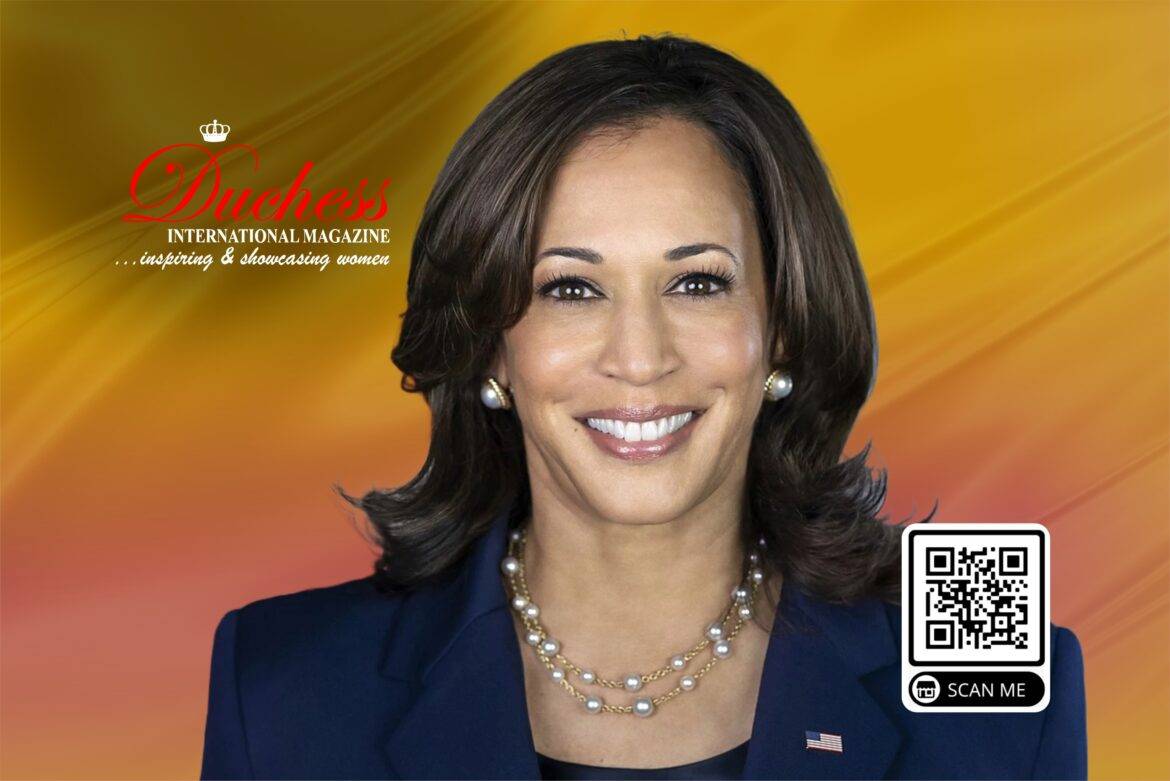Since Joe Biden, the 81-year-old current American president announced his decision to step down from the country’s 60th quadrennial presidential election, set to be held on Tuesday, November 5, 2024, and endorsed the nomination of his vice, Kamala Harris, mixed reactions have continued to follow the possibility of a historical plot point in the nation’s history. The development has not just crossed the mind but captured the imagination and hopes of many. As the first woman, first Black, and first South Asian Vice President of the United States, Harris has already shattered numerous glass ceilings. Now, as whispers of a potential presidential run in November grow louder, the prospect of her becoming the first Black and female president looms as a possibility that could redefine the political landscape of the most powerful nation on Earth.

Kamala Harris’s journey to the vice presidency was marked by a series of groundbreaking achievements. Born to immigrant parents—her mother from India and her father from Jamaica—Harris’s rise in American politics has been emblematic of the country’s evolving demographics and the increasing representation of minorities in leadership roles. Her career, which spans roles as a district attorney, Attorney General of California, and U.S. Senator, showcases her formidable legal and political acumen.
Harris’s tenure as Vice President has been characterized by her focus on issues such as immigration reform, racial justice, and economic equality. Her leadership during the COVID-19 pandemic, particularly in promoting vaccination efforts and addressing health disparities, has earned her both praise and criticism, reflecting the polarized nature of contemporary American politics. Yet, her ability to navigate these challenges and maintain a strong presence on the national stage speaks to her resilience and political savvy.
The possibility of a Harris presidency raises important questions about the future of American democracy. Historically, the U.S. has been slow to elect leaders from minority backgrounds, with Barack Obama being the first and only Black president to date. Harris’s potential candidacy in 2028 not only symbolizes a continuation of this progress but also represents a significant leap forward in gender equality. Her election would mark a turning point, inspiring countless young girls and women of color who see in her a reflection of their own potential.
However, Harris’s path to the presidency will not be without its challenges. The political climate in the U.S. is highly polarized, and Harris will need to navigate a complex landscape of competing interests and ideological divides. Her critics often point to her record as a prosecutor and her handling of issues such as criminal justice reform as points of contention. Addressing these concerns transparently and effectively will be crucial in gaining the trust and support of a diverse electorate.
Moreover, Harris will need to build a coalition that extends beyond the traditional Democratic base. Engaging with independent voters and moderates, as well as addressing the concerns of disaffected Republicans, will be key to securing a victory in the general election. Her ability to articulate a clear and compelling vision for the future, one that resonates with the hopes and fears of the American people, will determine her success in this historic endeavor.

As the nation looks ahead to the 2028 election, the significance of Kamala Harris’s potential candidacy cannot be overstated. Her ascent to the presidency would not only be a testament to her personal determination and skill but also a profound statement about the inclusivity and progress of American society. The journey ahead is fraught with challenges, but for many, Harris represents the embodiment of the American dream—a dream that continues to evolve and expand, reflecting the diverse and dynamic fabric of the nation.



